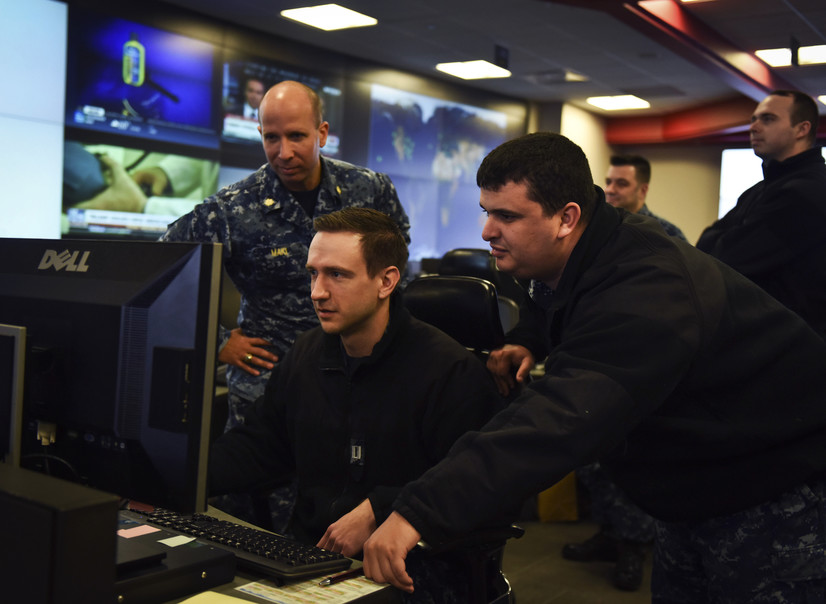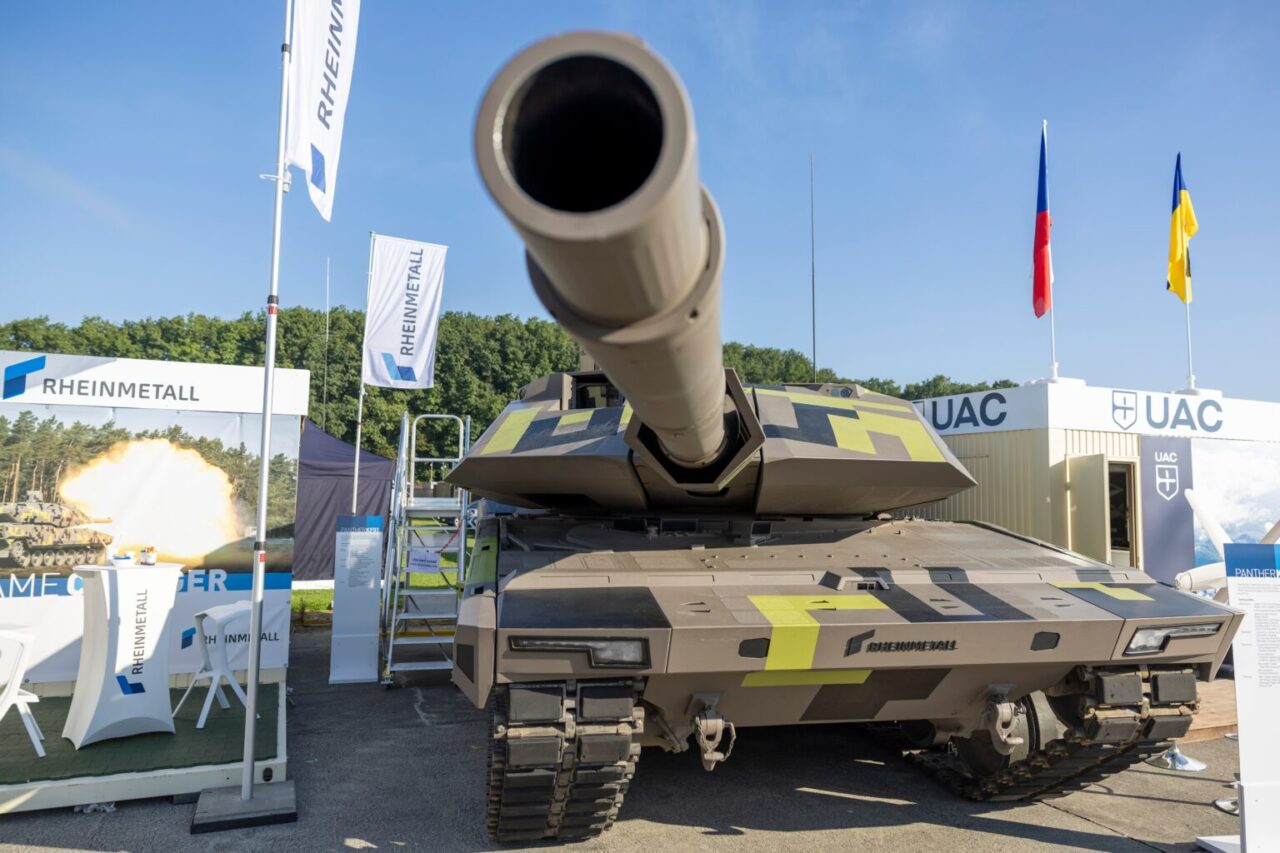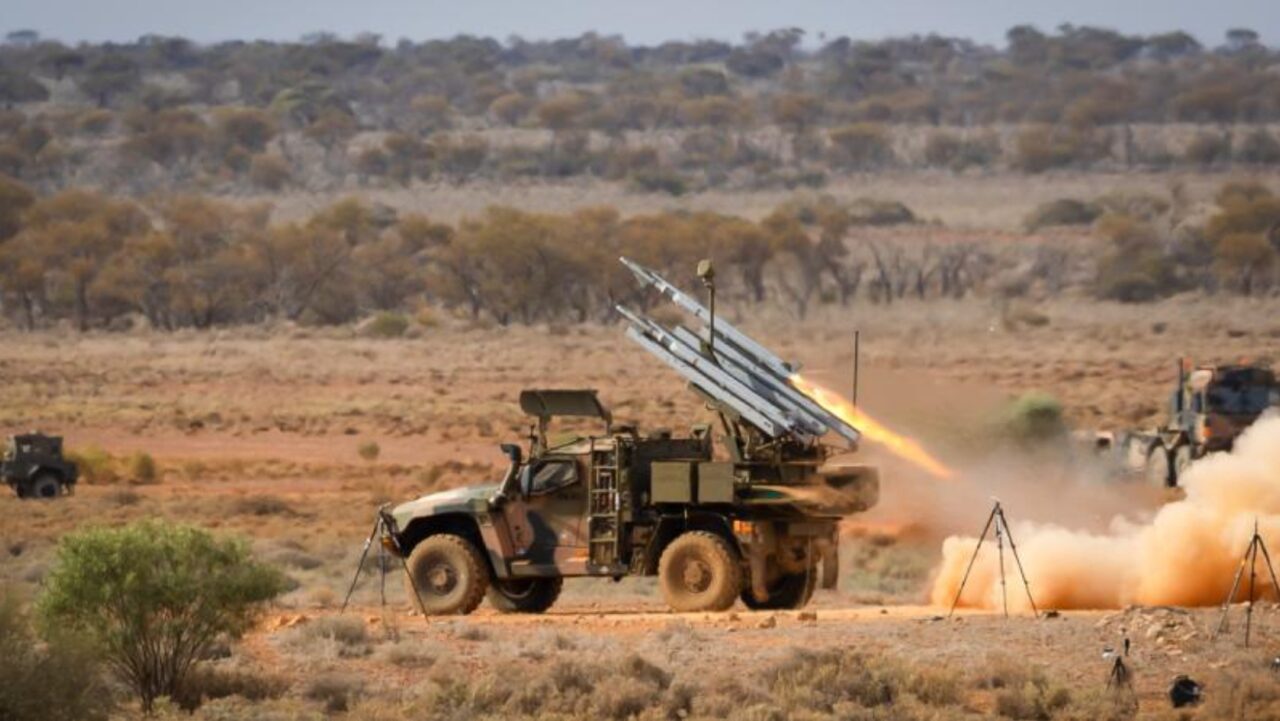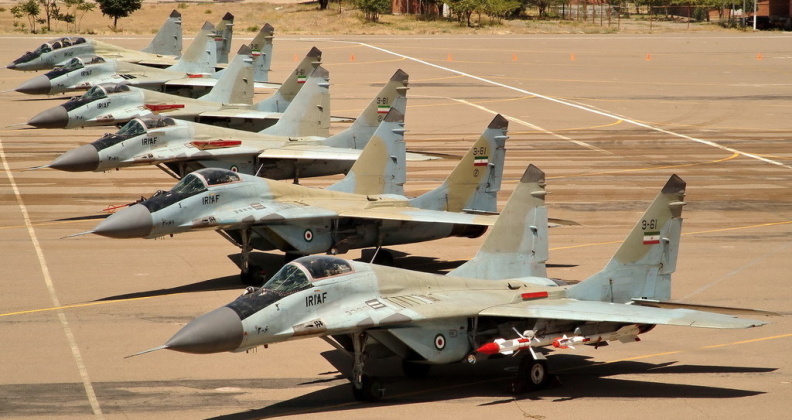U.S. Faces Evolving, Emboldened Adversaries in Cyberspace, Officials Warn

FORT GEORGE G. MEADE, Md. (Dec. 14, 2017) Sailors stand watch in the Fleet Operations Center at the headquarters of U.S. Fleet Cyber Command/U.S. 10th Fleet. U.S. Fleet Cyber Command serves as the Navy component command to U.S. Strategic Command and U.S. Cyber Command. U.S. 10th Fleet is the operational arm of Fleet Cyber Command and executes its mission through a task force structure. (U.S. Navy Photo by MC1 Samuel Souvannason/Released)

WASHINGTON — As threats in cyberspace constantly evolve, the United States is facing adversaries that are increasingly sophisticated, capable and emboldened in that domain, top officials told lawmakers today.
The cyberspace domain has “evolved dramatically” in the eight years since U.S. Cyber Command was established, Navy Adm. Michael S. Rogers, the director of the National Security Agency and commander of Cybercom, said at a hearing of the House Armed Services Committee’s subcommittee on emerging threats and capabilities.
“Today we face threats that have increased in sophistication, magnitude, intensity, velocity and volume, threatening our vital national security interests and economic well-being,” Rogers said.
Kenneth P. Rapuano, assistant secretary of defense for homeland defense and global security, testified alongside Rogers at the hearing on the fiscal year 2019 cyber budget, strategy, policy and programs.
Landmark Year
Rapuano stressed the importance of good “cyber hygiene” and described national cyber security as a “team sport.” He said 2018 will be a landmark year because Cybercom will elevate to unified combatant command status, will welcome a new commander and will complete the force generation phase of the cyber mission force.
He highlighted the prioritization of the three themes in the 2018 National Defense Strategy: increasing lethality, strengthening alliances and reforming the department’s practices.
He said his focus has been on ensuring the Defense Department is organizing, resourcing and posturing itself to be “ready to fight in and through cyberspace in a conflict with great power competitors.”
The Defense Department, Rapuano said, is pushing hard to ensure it can “deter aggression and out-think, out-maneuver, out-partner and out-innovate our competitors and adversaries in cyberspace.”
Emboldened Cyber Adversaries
The United States has concerns about activities by Russia, China, Iran and North Korea, Rogers said.
“Russia and China, which we see as peer or near-peer competitors, respectively, in cyberspace, remain our greatest concern,” Rogers said. “But rogue nations like Iran and North Korea have grown growing capabilities and are using aggressive methods to conduct malicious cyberspace activities.”
Further, Rogers said several states have mounted sustained campaigns against U.S. defense contractors to identify and steal key enabling technologies, capabilities, platforms and systems.
“Our adversaries have grown more emboldened, conducting increasingly aggressive activities to extend their influence with limited fear of consequences,” he said. “We must change our approaches and responses here if we are to change that dynamic.”
Cybercom Successes
Rogers, who is retiring later this spring, thanked the committee for its support of the mission and its confidence in his work and the work of Cybercom.

He highlighted recent successes of the command, including the first joint force headquarters in the Department of Defense Information Network achieving full operational capability, as well as Joint Task Force Ares successfully integrating cyberspace operations into the broader military campaign to defeat the Islamic State of Iraq and Syria.
“Without cyberspace superiority on today’s battlefield, risk to mission increases across all domains and endangers our security,” he said.
President Donald J. Trump has nominated Army Lt. Gen. Paul M. Nakasone, the commander of U.S. Army Cyber Command, to succeed Rogers.
SOURCE: DoD



